What are you looking for at Aqrani library?
-
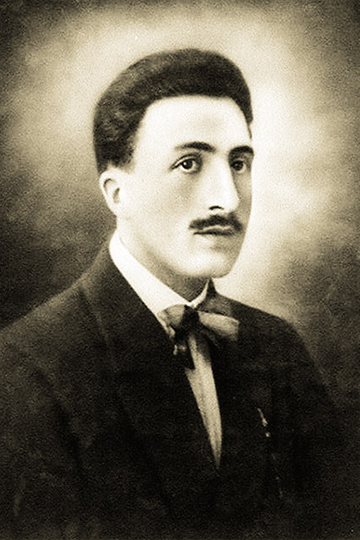
André Lafon
André Lafon, born 17 April 1883 and died 5 May 1915 in Bordeaux, is a French writer. A member of La Génération Perdue, closely associated with François Mauriac, Jean de La Ville de Miremont and Martial-Piéchaud, he was the first winner of the Grand Prix de littérature de l'académie française in 1912. Coming from an old blayaise family, he studied in Bordeaux, before joining his parents at the age of 17 in the small sub-prefecture
-
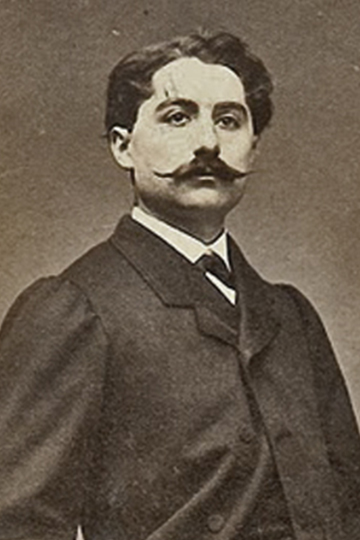
André Laurie
Jean François Paschal Grousset (7 April 1844, Corte – 9 April 1909, Paris) was a French politician, journalist, translator[1] and science fiction writer. Grousset published under the pseudonyms of André Laurie, Philippe Daryl, Tiburce Moray and Léopold Virey.Grousset was born in Corte, Corsica, and studied medicine before commencing a journalistic career. In 1869 he began working for the weekly newspaper La Marseillaise, writing pro-revolutionary articles. As a result of an attempt by Grousset to challenge Pierre Napoleon Bonaparte to a duel during 1870, Grousset's second, Victor Noir, was shot and killed by Bonaparte during a quarrel. Later the same year Grousset was sentenced to six months imprisonment. He was elected a member of the Paris Commune, becoming a member of its Executive Committee and Delegate for External Affairs.After the fall of the Commune, he was arrested and, in 1872, he was deported to New Caledonia. He escaped, and lived in Sydney, San Francisco, New York City and London, making a living by teaching French. He returned to France after the 1880 amnesty, becoming involved in literature and physical culture, but eventually returning to politics and, in 1893, becoming a Socialist Deputy for the 12th arrondissement of Paris.
-
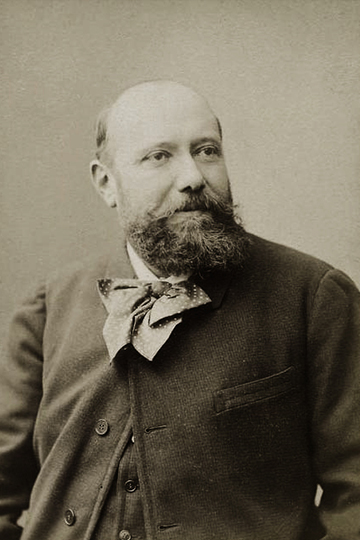
Armand Silvestre
Paul-Armand Silvestre (18 April 1837 – 19 February 1901) was a 19th-century French poet and conteur born in Paris.He studied at the École polytechnique with the intention of entering the army, but in 1870 he entered the department of finance. Silvestre had a successful official career, was decorated with the Legion of Honour in 1886, and in 1892 was made inspector of fine arts. Armand Silvestre made his entry into literature as a poet, and was reckoned among the Parnassians. Armand Silvestre's works were published mainly by Alphonse Lemerre and Gervais Charpentier.Some of his poems were set to music by Gabriel Fauré, under the form of mélodies for one voice and piano (Le Secret, L'Automne...). Thirteen of his poems were set by André Messager.[1] Silvestre's poem Jours Passés was set in music by Léo Delibes under the title Regrets.
-
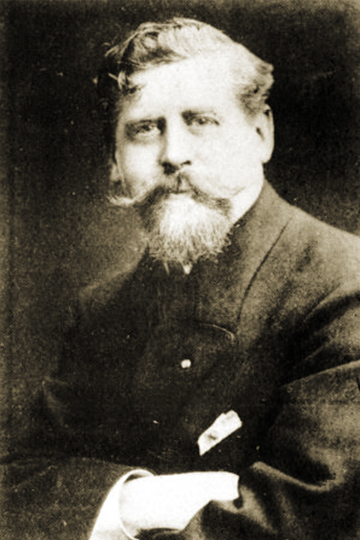
Arnould Galopin
Arnould Galopin (1863, Marbeuf, Eure - 1934) was a prolific French writer with more than 50 novels to his credit. Galopin won the French Academy's Grand Prize for his Sur le Front de Mer (1918), a critically acclaimed novel about the Merchant Navy during World War I, and wrote several equally acclaimed novels about his experiences during the war.Galopin also wrote a number of science fiction novels in the Jules Verne and H. G. Wells style, including the remarkable Doctor Omega (1906), La Révolution de Demain (Tomorrow's Revolution) (1909) and Le Bacille (1928), an uncannily prophetic tale of a mad scientist who uses biological warfare for revenge.He also penned numerous young adult novels such as Le Tour du Monde de Deux Gosses (Two Kids Around The World) (1908) and Un Aviateur de 15 ans (A 15-Year Old Aviator) (1926).Finally, Galopin was the creator of Tenebras, the Phantom Bandit, a rival of Fantômas, and of the fictional detective Allan Dickson, one of the possible prototypes for the more famous Harry Dickson. Galopin had Dickson team up with Sherlock Holmes in L'Homme au Complet Gris (The Man in Grey) (1912), one of the first French Holmesian pastiches.
-
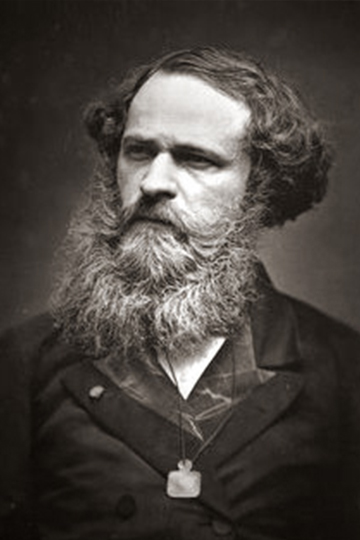
Arsène Houssaye
Arsène Houssaye (28 March 1814 – 26 February 1896) was a French novelist, poet and man of letters. Houssaye was born in Bruyères (Aisne), near Laon, his original surname was Housset.In 1832 he found his way to Paris, and in 1836 he published two novels, La Couronne de bluets and La Pécheresse. He had many friends in Paris, among them Jules Janin and Théophile Gautier, and he wrote in collaboration with Jules Sandeau. He produced art criticism in L'Histoire de la peinture flamande et hollandaise (1846), semi-historical sketches in Mlle de la Vallière et Mme de Montespan (1860) and Galerie de portraits du XVIII siècle (1844).
-
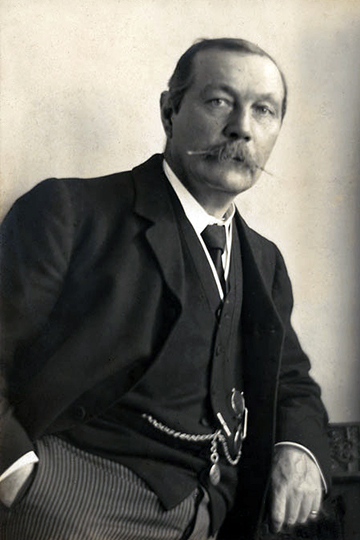
Arthur Conan Doyle
Sir Arthur Ignatius Conan Doyle KStJ DL (22 May 1859 – 7 July 1930) was a British writer and medical doctor. He created the character Sherlock Holmes in 1887 for A Study in Scarlet, the first of four novels and fifty-six short stories about Holmes and Dr. Watson. The Sherlock Holmes stories are generally considered milestones in the field of crime fiction.Doyle was a prolific writer, other than Holmes stories, his works include fantasy and science fiction stories about Professor Challenger and humorous stories about the Napoleonic soldier Brigadier Gerard, as well as plays, romances, poetry, non-fiction and historical novels. One of Doyle's early short stories, "J. Habakuk Jephson's Statement" (1884), helped to popularise the mystery of the Mary Celeste. Doyle is often referred to as "Sir Arthur Conan Doyle" or "Conan Doyle", implying that "Conan" is part of a compound surname rather than a middle name. His baptism entry in the register of St Mary's Cathedral, Edinburgh, gives "Arthur Ignatius Conan" as his given names and "Doyle" as his surname. It also names Michael Conan as his godfather.
-
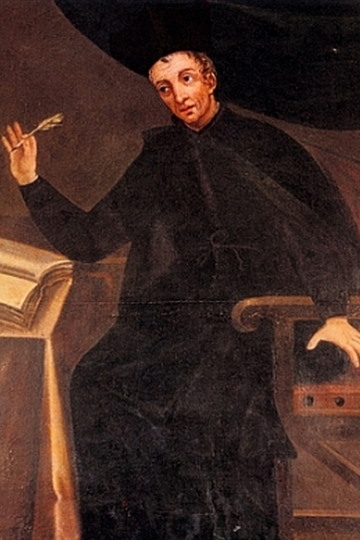
Baltasar Gracian
Baltasar Gracián y Morales, S.J. ( 8 January 1601 – 6 December 1658), better known as Baltasar Gracián, was a Spanish Jesuit and baroque prose writer and philosopher. He was born in Belmonte, near Calatayud (Aragon). His writings were lauded by Schopenhauer and Nietzsche. The son of a doctor, in his childhood Gracián lived with his uncle, who was a priest. He studied at a Jesuit school in 1621 and 1623 and theology in Zaragoza. He was ordained in 1627 and took his final vows in 1635.He assumed the vows of the Jesuits in 1633 and dedicated himself to teaching in various Jesuit schools. He spent time in Huesca, where he befriended the local scholar Vincencio Juan de Lastanosa, who helped him achieve an important milestone in his intellectual upbringing. He acquired fame as a preacher, although some of his oratorical displays, such as reading a letter sent from Hell from the pulpit, were frowned upon by his superiors. He was named Rector of the Jesuit College of Tarragona and wrote works proposing models for courtly conduct such as El héroe (The Hero), El político (The Politician), and El discreto (The Discreet One). During the Spanish war, he was chaplain of the army that liberated Lleida in 1646.In 1651, he published the first part of the Criticón (Faultfinder) without the permission of his superiors, whom he disobeyed repeatedly. This attracted the Society's displeasure. Ignoring the reprimands, he published the second part of Criticón in 1657, as a result was sanctioned and exiled to Graus at the beginning of 1658. Soon Gracian wrote to apply for membership in another religious order. His demand was not met, but his sanction was eased off: in April 1658 he was sent to several minor positions under the College of Tarazona. His physical decline prevented him from attending the provincial congregation of Calatayud and on 6 December 1658 Gracian died in Tarazona, near Zaragoza in the Kingdom of Aragon.
-
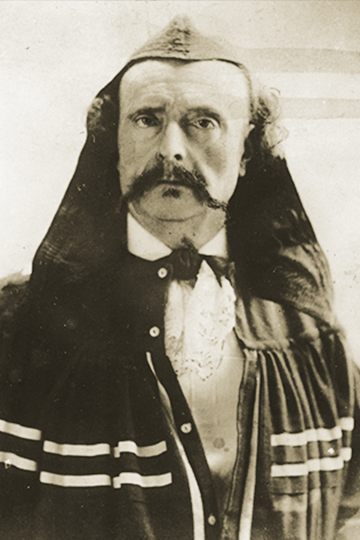
Barbey d’Aurevilly
Jules-Amédée Barbey d'Aurevilly (2 November 1808 – 23 April 1889) was a French novelist and short story writer. He specialised in mystery tales that explored hidden motivation and hinted at evil without being explicitly concerned with anything supernatural. He had a decisive influence on writers such as Auguste Villiers de l'Isle-Adam, Henry James, Leon Bloy, and Marcel Proust. Jules-Amédée Barbey — the d'Aurevilly was a later inheritance from a childless uncle — was born at Saint-Sauveur-le-Vicomte, Manche in Lower Normandy. In 1827 he went to the Collège Stanislas de Paris. After getting his baccalauréat in 1829, he went to Caen University to study law, taking his degree three years later. As a young man, he was a liberal and an atheist, and his early writings present religion as something that meddles in human affairs only to complicate and pervert matters. In the early 1840s, however, he began to frequent the Catholic and legitimist salon of Baroness Amaury de Maistre, niece of Joseph de Maistre. In 1846 he converted to Roman Catholicism.
-
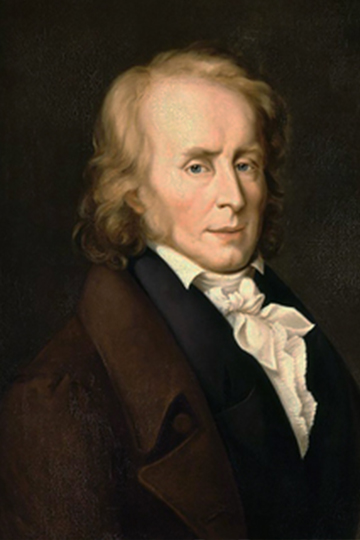
Benjamin Constant
Henri-Benjamin Constant de Rebecque (25 October 1767 – 8 December 1830), or simply Benjamin Constant, was a Swiss-French political activist and writer on political theory and religion.A committed republican from 1795, he backed the coup d'état of 18 Fructidor, (4 September 1797) and the following one on 18 brumaire, (9 November 1799). During the Consulat, in 1800 he became the leader of the Liberal Opposition. Having upset Napoleon and left France to go to Switzerland then to the Kingdom of Saxony, he nonetheless sided with Napoleon during the Hundred Days and became politically active again during the French Restoration. He was elected Député in 1818 and remained in post until his death in 1830. Head of the Liberal opposition, known as Indépendants, he was one of the most notable orators of the Chamber of Deputies of France, as a proponent of the parliamentary system. During the July Revolution, he was a supporter of Louis Philippe I ascending the throne.He was the author of numerous essays on political and religious themes, and also wrote on romantic love, such as the autobiographical Le Cahier rouge (1807) which gives an account of his love for Madame de Staël, whose protégé and collaborator he became, especially in the Coppet circle, and a successful novella, Adolphe (1816). He was a fervent classical liberal of the early 19th century.He refined the concept of liberty, defining it as a condition of existence that allowed the individual to turn away interference from the state or society. His ideas influenced the Trienio Liberal movement in Spain, the Liberal Revolution of 1820 in Portugal, the Greek War of Independence, the November uprising in Poland, the Belgian Revolution, and liberalism in Brazil and Mexico.
-
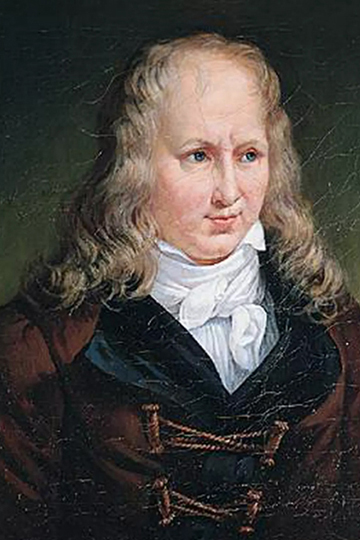
Bernardin de Saint-Pierre
Jacques-Henri Bernardin de Saint-Pierre (also called Bernardin de St. Pierre) (19 January 1737 Le Havre – 21 January 1814 Éragny, Val-d'Oise) was a French writer and botanist. He is best known for his 1788 novel Paul et Virginie, now largely forgotten, but in the 19th century a very popular children's book. At the age of twelve he had read Robinson Crusoe and went with his uncle, a skipper, to the West-Indies. After returning from this trip he was educated as an engineer at the École des Ponts. Then he joined the French Army and was involved in the Seven Years' War against Prussia and England. In 1768 he traveled to Mauritius and studied plants. In 1771 he became friendly with and a pupil of Jean-Jacques Rousseau. Together they studied the plants in and around Paris.In 1795 he was elected to the Institut de France, in 1797 manager of the Botanical Gardens and in 1803 member of the Académie française.Saint-Pierre was an avid advocate and practitioner of vegetarianism, and although he was a devout Christian was also heavily influenced by Enlightenment-era intellectuals like Voltaire and his mentor Rousseau.